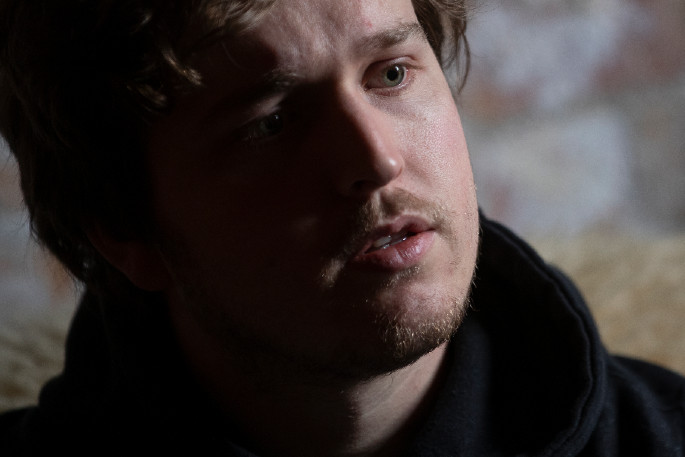Pāpāmoa resident Harrison Crane was left heartbroken earlier this year after his grandparents were swayed by Covid-19 vaccine misinformation mail-dropped into their Ohauiti letterbox.
It has taken a big family effort to eventually convince them to get vaccinated, and Harrison is sharing their story in the hope of helping others who may have vulnerable family members.
Harrison's grandparents received a full-page pamphlet detailing supposed ‘facts' about Covid-19 vaccinations earlier this year, which convinced them to avoid vaccination.
'They were going on about how they would refuse vaccinations, and would be content with staying in their home going forward, up until passing,” he says.
'That's heartbreaking, and all because of a bogus publication with dangerous misinformation.”
Knowing how the leaflet had swayed his grandparents left Harrison feeling frustrated, but not at them.
'It made me feel very angry, simply put,” he says.
'Not at my grandparents, but angry at whomever distributed this leaflet and thought they were doing a good or life-saving public service.”
He says people like his grandparents are more vulnerable, as they are more reliant on local and community publications, so are likelier to believe information posted in their letterbox.
'For someone older, something like this is extremely detrimental to them and those around them,” he explains.
'It can cause a domino effect and sway people to their extreme view and endanger others, completely out of their control.”
The Covid-19 vaccination programme in New Zealand is set to accelerate from this week. People from Group 4 began receiving invites for vaccination from Wednesday.
With that comes a rise in potentially misleading information both online and in physical form.
The Bay of Plenty District Health Board is advising people to ensure they are using the right resources to find information about the vaccination programme.
'It's important to use trusted sources,” says BOPDHB Covid-19 incident controller Trevor Richardson, 'such as: www.covid19.govt.nz, www.health.govt.nz and: bopdhb.health.nz/vaccine to check for information on the Covid-19 vaccine.
'We encourage people to use these credible sources when you discuss the vaccine with your friends and whānau.”
Harrison wants to raise awareness of the issue, so other members of the community know what to do in similar situations.
'Talk, and talk as soon as you can,” says Harrison when explaining how his family managed to talk his grandparents back round.
'What worked for us is understanding their concerns, and being there with answers that are reasonable, and explainable
'Another option that might help is suggesting to them to book an appointment with a doctor or nurse and talking it through it with them.”
You should not just 'bin the garbage”, he points out. Instead, questionable literature can be reported to CERT NZ.
The BOPDHB also encourages people who find any information they receive which could be misinforming to report it to through relevant channels.
'Inaccurate information about the Covid-19 vaccine, whether intentional, or accidental, could seriously impact the immunisation programme,” says Trevor.
'People can report instances of misinformation, whether online, by email, phone or in a physical document to the government agency CERT NZ by visiting: www.cert.govt.nz.
'If you have questions about the vaccine, I encourage you to email our clinical team at: ask.covidvax@bopdhb.govt.nz”

